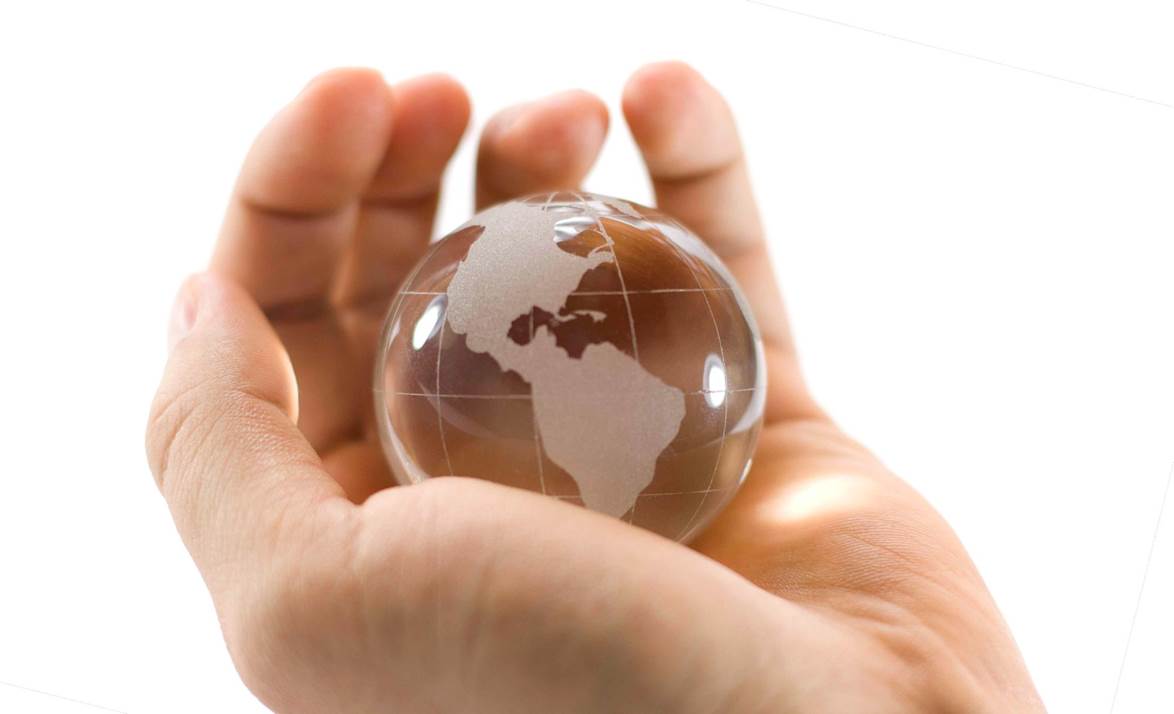
By Shin Hye-jin
Jun Hye-gang
The world is changing even as we speak, as the gap between the nations decreases many are calling, waiting for a new world order. Up until recently the US’s role in the world was unchallenged and hugely influential, mainly due to it being separated from the WWII frontlines whist reaping the benefits of being the victor. However, nearly 70 years has passed since the end of the Second World War and we are beginning to see the balance of power return to the state seen before the Great War. As two heads are better than one, in the ever changing world, an alliance can be hugely beneficial to both or all parties, and in the case of ROK, Japan and the US the alliance is even more important, if the nations hope to be a part of the future. Due to ROK and Japan being at the center of an ever-changing Asia, while having the most economically dynamic nation China as their neighbor, their alliance with the US and the relations between the associated countries is of the upmost significance. As we do not know how the world will change, how the systems of government contribute to how the nations will act, all we can do is anticipate the future by observing the current policies of nations and systems of various partnerships. In our search for the future, we at CAH have been fortunate enough to hear the thoughts of a renowned analyst of Asia-Pacific relations Brad Glosserman, who works for Pacific Forum CSIS. After hearing Glosserman’s thoughts we at CAH had many thoughts we would like to share.
The Rebalance to Asia
Why does the US, a nation so far from Asia, need a partnership with nations like ROK and Japan? In the words of Brad Glosserman “to get a piece of the action”, means that the US is hoping to benefit from the alliance whilst ROK and Japan too, is also trying its best to benefit from the alliance. This strong alliance between the three countries is only possible because the countries share common ideals, where they share the same belief in human rights, free market and stability of the economy. The coordinated effort between the three countries can by many times, boost the total efficiency and power of the nations. However important an alliance is to the associated nations, the rebalance to Asia only recently became of importance, so we must ask ourselves what has changed.
-2008 Economic Crisis
After the 2008 economic crisis the US and many other countries realized that the funds that they used to fund their projects were the result of layers upon layers of financial trickery. The 2008 crisis was an inevitable and long overdue incident; after the incident broke the world realized that much of their wealth, a third of it, was irreversibly lost. As you may know, the US was the most effected by the crisis, but it can also be argued rather, that it was because of the US, that other countries were affected. The Obama administration which took office during this period later shaped its foreign policy according to that period. Up until then the Bush administration had a unilateral approach towards the international community; they felt that the US alone could lead the world towards the future. On the other hand, Obama’s administration took a different approach. His administration realized that Asia, once a poor and helpless continent, had risen to become an undeniable force on this planet. As a result, his foreign policy was to take advantage of the Asian powerhouses; after they realized that Asia had changed.
-A Mutually Benefitting Alliance
According to Tom Donaland Asia accounts for a quarter of the world GDP, while also accounting for 50% of total non-American global growth up until 2050. The Obama administration realized this and is hoping to stabilize its domestic market, while simultaneously growing with Asia. This foreign policy has been translated into the US’s new found interest in its longtime allies ROK and Japan. On the other hand, ROK and Japan are relying on the US’s hard-power to bring about a balance to the region, whilst economically they are co-reliant on each due to the complicated trade routes. In short the US is hoping to mutually benefit from the ROK, Japan alliance because in an alliance the more contributing nations, the stronger the total power, in an alliance of 1+1+1 might not be equal to 3, but might equal to 6,7,8. However, due to the recent tensions between ROK and Japan this alliance is feebly held in place by the common ally, the US. This led to the disparity between the US’s original expectations and the real world, and as a result this has led to the current US that fears for the two countries partnership.
Rising Tension between Japan and Korea
-Japan’s Distorted View on History
A country tends to analyze and interpret history for the sake 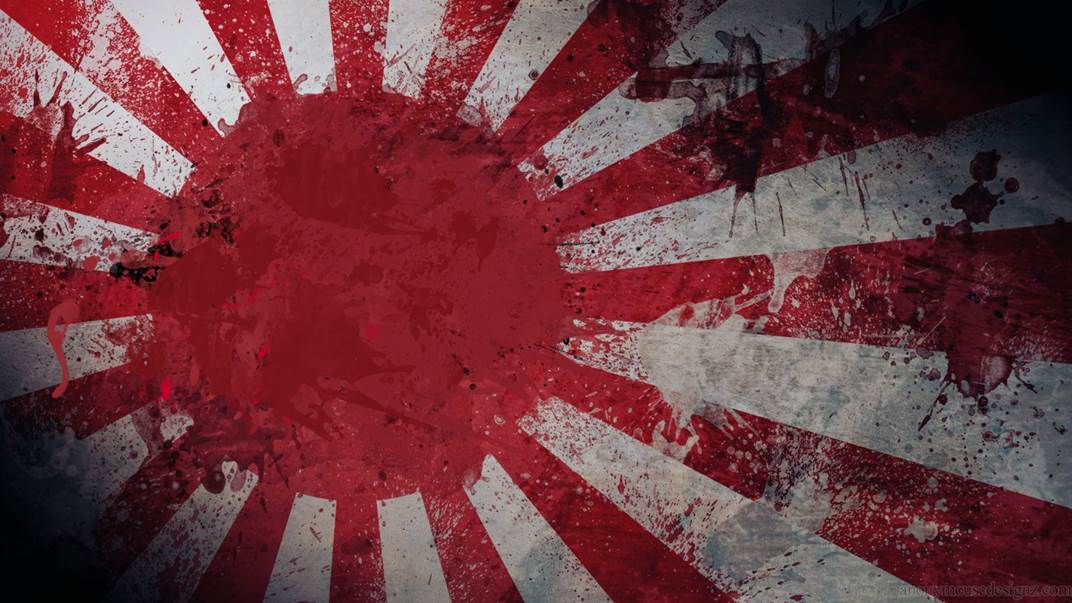 of protecting its own interest, and thus conflicts occur due to historical disagreements. In order for countries to work on mutual agreements, and maintain world peace, objectivity in history is an absolute prerequisite. However, Japan, with historical revisionism, covers the past gruesome and brutal deeds such as plunder and inhuman treatment of the colonies with glory and honor as an alleged precursor of Asia which supposedly modernized the neighboring countries, beautifying her past. In addition, the government is teaching its children the colonial view of history by claiming that Japan positively influenced the colonized countries in numerous ways.
of protecting its own interest, and thus conflicts occur due to historical disagreements. In order for countries to work on mutual agreements, and maintain world peace, objectivity in history is an absolute prerequisite. However, Japan, with historical revisionism, covers the past gruesome and brutal deeds such as plunder and inhuman treatment of the colonies with glory and honor as an alleged precursor of Asia which supposedly modernized the neighboring countries, beautifying her past. In addition, the government is teaching its children the colonial view of history by claiming that Japan positively influenced the colonized countries in numerous ways.
In fact, the motivation behind Japan’s distortion of history and regression toward the past imperialism can be found in the poor economy it is facing today. Even until the end of the 20th century, Japan was one of the leading countries of the world with a strong economy and an enormous technological backbone. However, as the 21st century began, both the government and the people became weary and lacked morale due to the prolonged economic downturn. To invigorate the weary citizens and unify them with pride, the government imbued Japanese supremacy and imperialism instead of rightful historical perspective and self-examination. On the same line, key members of the government also continue to worship at shrines and praise the deaths of ancestors, the perpetrators of the merciless actions taken in the colonies. Even though this policy may increase the pride of the Japanese people, without any regret and self-examination of the past, it can bring about the repetition of history and another war with neighboring countries.
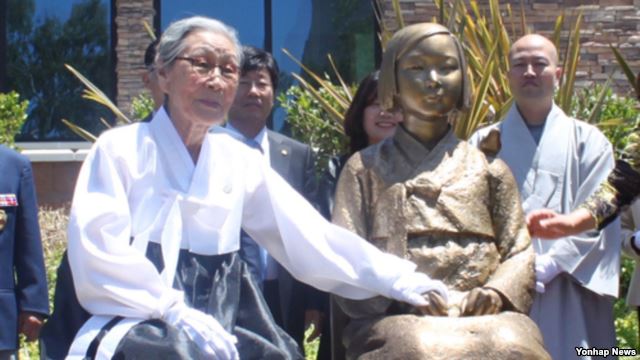
-Comfort Women and the Nullity of Kono Discourse
The Kono Discourse contains the acknowledgement of the coercion and military action in recruiting comfort women. Nevertheless, the Abe government and the right wing extremists attempt to nullify the Kono Discourse even reversing what they already declared officially in the Supreme Court. At the beginning of 1991, when the matter of comfort women was being brought to attention for the first time, affected comfort women all around the globe such as Korea, China, Philippines, Netherlands, and Taiwan filed lawsuits, which three out of ten lawsuits were related to Koreans and Korean residents in Japan. In such lawsuits, Japanese courts have always acknowledged the coercion and military action in recruiting the affected comfort women. Despite Japan’s disregard of its own court’s decision, no one country is acknowledging the assertion of Japan. On the other hand, Germany already put everyone related to Nazism on trial and has expresses its regret in the deeds committed in the past. For world peace and prevention of another catastrophic event, Japan should caution itself in not repeating the past transgressions and thus should reconsider nullification of the Kono Discourse.
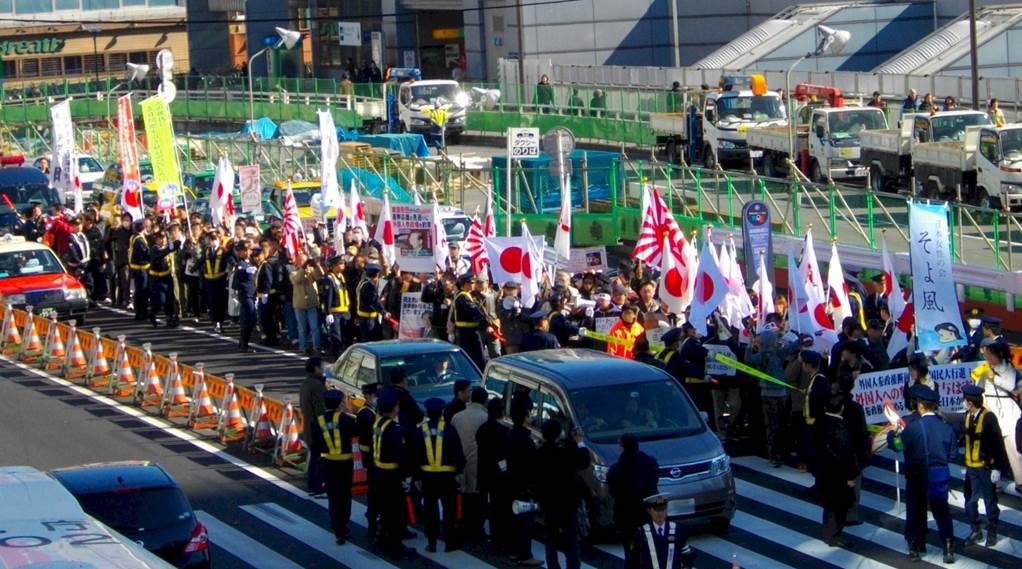
-The Trend of Intensified Hatred toward Korea
Due to the topographical feature of the island, when Japan experiences internal revolt or battles within its own citizens, everyone ends up dying. Thus, throughout history, Japan attempted to prevent domestic conflicts by turning the attention to outside countries, making the common enemy, resulting in unification of the citizens. In the same context, through the feeling of hatred toward Korea, Japan may be attempting to prevent pessimism from the economic downturn and skepticism from history, through exerting the energy outside by making the common enemy to look after.
Along with the retrogression to the imperialistic period and distortion of history, the tendency of hatred toward Korea is getting fiercer. Another word for the demonstration of hatred towards Korea known as “Hate Speech” was even selected as one of teen’s popular words in 2013, through statistical analysis by a Japanese publication, “Free Nation” and a corporation, “You can”. As this data illustrates, the frequency and seriousness of demonstration of hatred towards Korea is a great deal. Rallies of hatred towards Korea are practiced to express the feeling of hatred as a movement against Korea. In the rallies the right wing extremists of Japan become the pivot to demonstrations that unfold discrimination, and hatred toward foreigners that cannot be seen as mere freedom of speech. During the last year, there have been more than 360 cases of hatred demonstrations, pointed out by the UN International Covenant on Civil and Political Rights.
In Japan today, books and magazines with feeling of hatred toward Korea are popular in the market, and the press even receives complaint calls threatening to stop subscribing to the newspaper when it publishes an opinion column expressing sentiments of pro-Korea. Thus, publishing companies or the magazine press are tempted to spotlight special editions with anti-Korean sentiment. Despite this general trend of anti-Korea movement and the distortion of history along with the claim that Dokdo Island belongs to Japan, there are some ‘educated’ people who acknowledge the fault of Japan and regret the past and today’s firm attitude of self-denial.
-This is Not Only Japan’s Fault
Many Koreans express contempt and rage when it comes to Japan and its historical distortion, but they are also contributing to the worsening relationship between Japan and Korea. Having maintained 2300 years of strong and friendly ties, it has only been 100 years since Korea and Japan begun building up tension. In the broken relationship, the media is also taking a role in that it tends to broadcast only negative sides of each country and its actions instead of positive and friendly aspects. This asymmetry of information prevents Koreans from looking at the holistic picture and makes them align to anti-Japanese movement. As some Japanese are trapped by the hatred they feel toward Korea, some Koreans are also trapped by the hatred they feel toward Japan. One of the Key reasons to this conflict is Korea’s media’s exclusion of the perspective or assertion from Japan and thus lacks a diversity of opinions. It is easy to criticize the country that you are conflicting with, but it is important for the media to isolate itself from the nation and politics and look at the relationship between countries with more objectivity. Maintaining objectivity is the duty of the media of Korea, if realized would push Korea one step closer to the improvement of the Japan-Korea relationship.
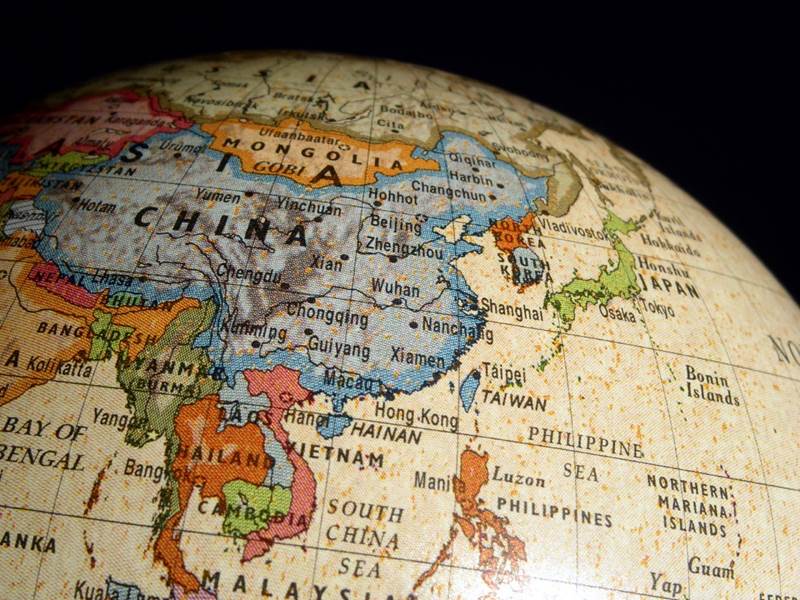
Another Great Force, China
China is the rising star of Asia, as well as the world. With the largest population and a vast share of the global market, its influence in the world is humongous. China is a permanent member of the UN Security Council and G20. Its economic growth set a great turning point in reassessment of private capitalism. Unlike the capitalism of most of the countries, if not all, China’s capitalism is governed by the state. Most countries in the world focus more on political and economic freedom and emphasize the importance of liberal democracy because they believe that democracy is the prerequisite for economic growth. However, China is an example of the opposite being true. It has state capitalism instead of private capitalism, but has gone through dramatic improvement in individual’s living standards, inequality rates, and general social stability. China's flourishing economy enabled the country to move forward as a nation, even though much of the structure is closed and it entails internal problems. China's economic model and its growth are a great inspiration for other totalitarian countries, such as some of the Middle East countries.
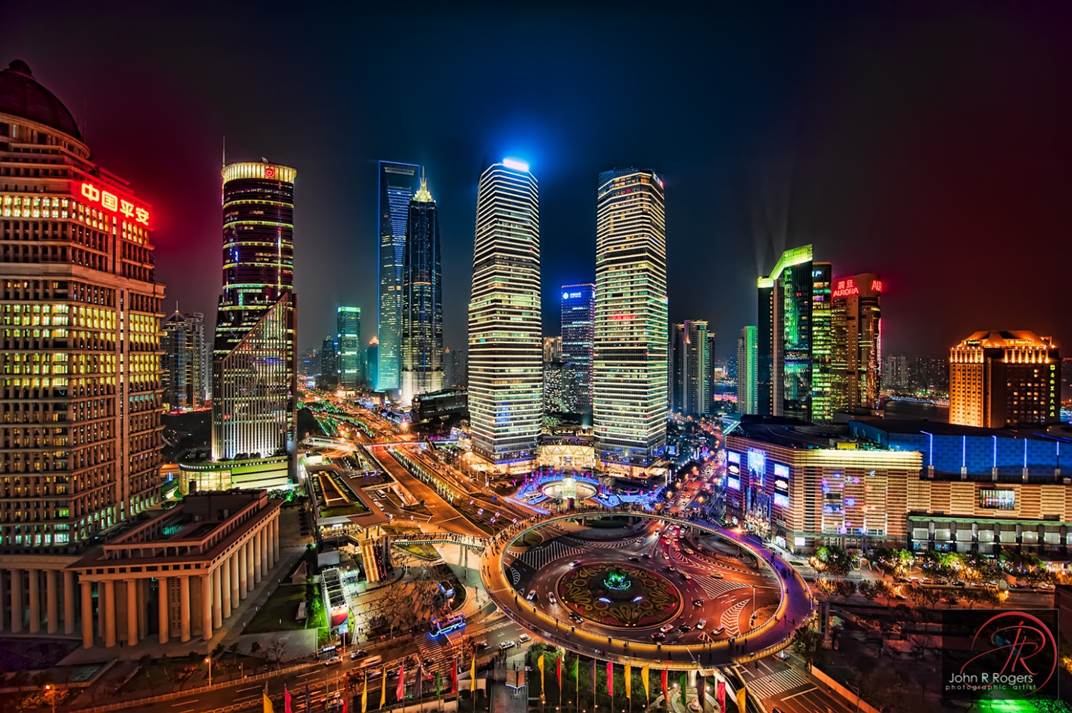
-Source of China’s Power, its Market.
China’s dominance upon the global market is unmatched due to its size and drive, thus China has huge influence upon how the policies that govern the world are shaped. This power China has is somewhat different from soft power or hard power. Soft power refers to reading the mind of the partner first so that it can induce other countries to cooperate in achieving one's interest. This kind of power manifests in the form of business and political relationships. In contrast, hard power conveys more of a forceful tactic with military power and threat. However the power or influence that China has in the world does not fit into either of these categories rather it has its own category that some refer to as sticky power. China’s influence upon the world is like gravity which pulls other countries' capital towards China. Many countries build trading relations with China, with the aim of capturing the vast untapped Chinese market. But unlike soft or hard power the Chinese government has little control of China’s influence upon the world though its market. On top of that, the endurance of its market and economy is still questionable. In the case of the United States it has faced economic downturn every decade; however it has always bounced back thanks to its strong and stable economic background. On the other hand, in the case of China, it has not experienced a serious economic drawback and thus, it is possible that China might face a catastrophic outcome if and when the economic downturn hits. China also has other serious problems such as political corruption, air pollution, water shortages, and banking problems, thus we refer to China’s power as sticky power. But one thing is certain, China is an undeniable force on the planet and we must accommodate for China’s presence especially in the Asian region.
-Revisionist State
As countries like China that are according to the ‘power transition theory’ which are revisionist states emerge, the world is having a hard time with dealing with the new balance of power. The power transition theory is a theory created by the A.F.K. Organski and is a theory that tries to describe the international power hierarchy. This theory divides the world’s nations into 4 types: the dominant, revisionist or great, middle and small. The title of dominant power is usually given to the nations like the US and formerly the Soviet Union. Great power refers to countries that have a major role in the international community; nations like the UK or France fit the criteria. Middle or regional powers are countries like the ROK that have significant power in the region but compared to great nations have limited power when it comes to challenging the dominant power, and the rest are called small powers. The revisionist power is of most significance, because it denotes the nation that has enough power to challenge the dominant power. But what really separates a revisionist state from a great power is that it is unhappy with the system that the dominant nation created.
In the modern world, China is by definition a revisionist state. China is unsatisfied with the current international order and wants change. China is unsatisfied with the current order because the current institutions of power were created after the end of WWII in 1945 when China could only be called a middle power. The institutions of government like the UN were set up in a way that reflected the distribution of power at that time, as a result the institutions were highly influenced by the then rivaling dominant powers the US, UK and the USSR. These institutions still remain today and China thinks that because their ideals were not fully appreciated at the time, a new system that acknowledges the present power distribution is needed. As a result, China is seeking for new ways of world governance where China’s role is more fully appreciated. This is reflected by the comparably new North East Asia Free Trade Agreement, ASEAN + China, Asian Infrastructure Investment Bank where China’s role is of the upmost significance.
China’s market has grown to encompass much of its neighboring nations. In the past world economies showed similar growth rate proportionate to the US, however due to the emergence of the Chinese market nearby nations like ROK and Japan seem not to reflect the US’s recent recovery from the 2008 financial crisis. This is due to neighboring nation’s dependence on the Chinese market and thus shows the might of that market. This separation of the US and Chinese market is referred to the decoupling by economists and this definitively shows us how influential China is. As the world is changing we must accommodate for rising nations like China in the new world order, we refer to this problem as the World Governance problem.
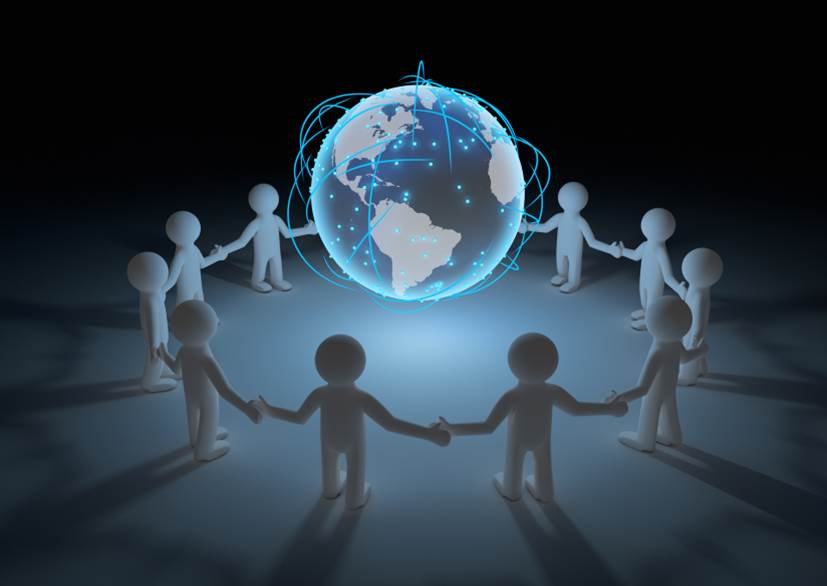
World Governance
What is the reason for the bombing of IS? Why does a nation that has its homeland far from the epicenter of all these international disturbances have to be a part of all this? Surly countries like France, Germany or the UK that are closer to the frontlines have more at stake and are more suited to deal with the matter. The role of the US is unique in a sense that it is the most influential and powerful nation, the dominant nation on the planet. We can look at this as the US meddling with matters that doesn’t necessarily concern them or we can look at this differently as the US being a responsible leader. This question of world governance is a difficult and sensitive matter, that we as a worldwide community are having trouble finding a solution for.
-The Future of World Governance
As mentioned above China isn’t the only nation that didn’t get its say in the institutions of world governance; ROK, Japan, India are only just a few of the countries that didn’t get its say in this matter. Key select gatherings like the P5 + 1, G8 or institutions like the IMF, are only some of the many world systems that that are biased towards many of the world’s nations. On the other hand, larger organizations like the G20 are great in a way as they that take in to account many other nations thoughts but lack the decisiveness and efficiency that is present in smaller groups. Then there is the UN which is a gathering of 193 nations that always seem powerless against the problems that arise on in our world. The UN due to its size has evolved in to a forum of nations rather than a partnership between countries, and its non-binding decisions usually are ignored by nations that disagree with it. A subcommittee of the UN, the UN Security Council consisting of 15 nations has binding powers members of the UN must follow. However this too has in the past been ignored by countries like Iran that denounced the UN sanctions as illegal. Plus because the permanent members of the UN Security Council have the right to veto any decisions made by the council, many have criticized the council’s inability in resolving disputes that arise between permanent council members. This is because problems around the world that come to the UN go to the UN because they could not be solved through any other way. When problems arise the best course of action would be the agreement of the countries involved in the dispute. However, in cases where a settlement is difficult the countries involved must look to other trusted 3rd parties like the US, France and China, and even after have the problems not been concluded is the UN brought in. As mentioned above the UN is horribly inefficient due to it being a collection of many nations, thus we cannot rely on the UN as a means of World governance.
-Power without Responsibility
The answer to why the US has such a large presence in the world is because they have power. As mentioned above in the case of the US presence in the Middle East it can either be viewed positively or negatively. The US has such a broad reach on the planet because it believes that it should be a world leader due to it being the current dominant power. This unilateral approach the US is taking reflects the exceptionalism that the US has towards the world but it is not necessarily negative. In the case of the recent Ebola crisis, the US has deployed an estimated 3000 troops to the affected area in order to help with coordinating the relief effort. On top of that the US has invested 100 million dollars in containing Ebola, the largest of all states. As seen in various international crises compared to other countries, the US is committing a large amount of its wealth towards helping other countries due to its belief in leadership. This responsible leadership the US is heading towards is steadily increasing seen by the new Obama administration’s multilateral approach that is in contrast to the former unilateral Bush administration. Compared to what the international community was like before WWI when the distribution of power was spread across a large number of nations, the idea of a single leading nation is not such a bad thing. But as revisionist states like China and Russia compete for dominance it cannot be guaranteed that the said states will express their power with responsibility if they become the dominant power.
This ineffectiveness of the current institutions of government is because if a system of world governance is to effectively govern, the thoughts of the nations must be relatively reflected by decisions the system makes. However the current system reflects only the balance of power at the end of WWII and as a result many countries are dissatisfied with the current system and are calling for change. At the moment the closest thing to a world government that we have today is the European Union where the countries of Europe come together to form an economical and military alliance. They use a common currency and vote on laws they must all follow. However, the EU is different from the UN in many ways where they have many exceptions like Norway and Iceland where they are part of the European Economic and Schengen area (no boarder control) but are not part of the European Union. Or countries like the UK, Denmark, and Sweden are part of the EU but don’t use the Euro. In the case of Iceland where fishing is a major part of their economy they do not want to take part in the EU because they must follow the laws regarding agriculture and fishing. These exceptions in the EU are because every nation is different to one another, and one universal law will end up benefitting one but harming the other. However ideal the EU is, there is no world version of the EU because its hard building a universal system that satisfies all. The world is far more diverse compared to the EU and so if a solid coalition of nations is even possible, there are many more obstacles that a future governing body must tackle.
How the world will change as time passes is an innately subjective matter that everyone living on Earth has different opinions on. As seen in in the discussions with Brad Glosserman and the other reporters from other Universities, everyone disagreed on the future of our planet. That is why we at CAH have not tried to end this article with one hard statement where the thought of our readers are ignored, but we have tried to end it through a soft expression of our thoughts, where the ending is nothing more than our reporter’s personal opinions on the matter.
Opinion of Shin Hye-Jin
Despite the operant disparity between large nations and small or medium nations, the world should not be governed by one single nation with the most power, perhaps creating a unipolar global structure. Instead, under a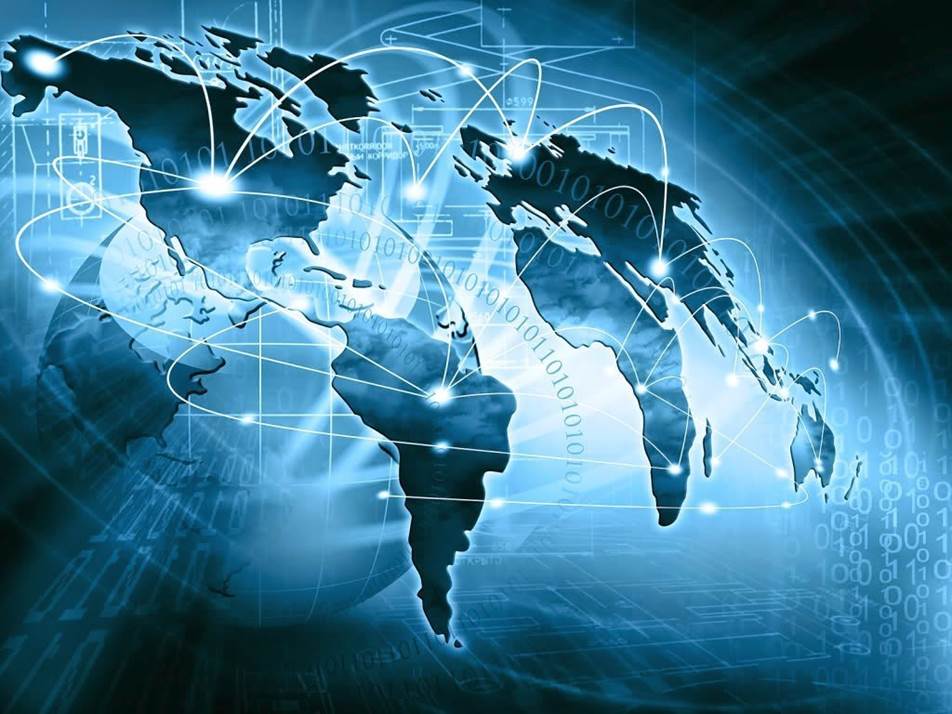
Opinions of Jun Hye-gang
